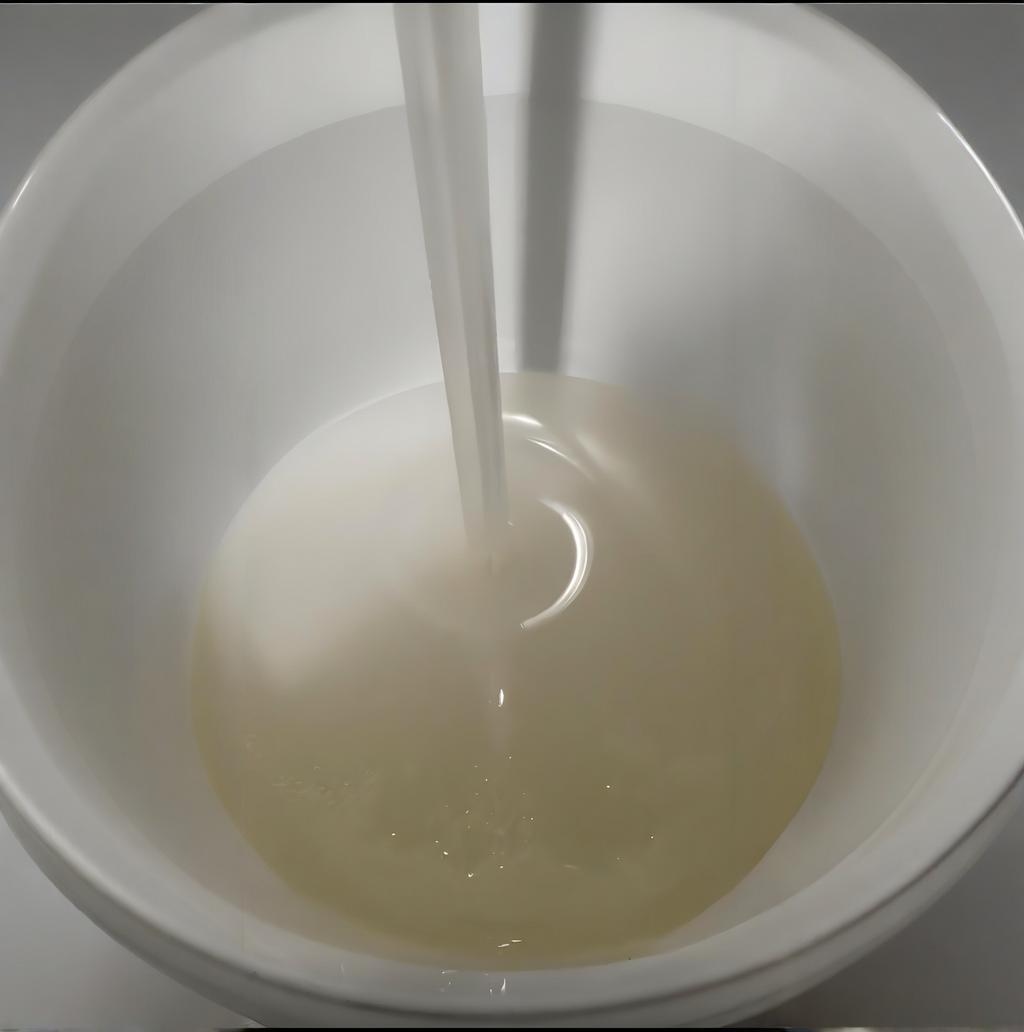In April 2025, the world's first AI intelligently controlled silicone production line was put into operation in Zhejiang, marking the official entry of silicone materials into the era of intelligent production. The system optimizes the synthesis parameters of polysilazane in real time through machine learning, which improves the temperature resistance of the coating of new energy vehicle battery packs by 40%, successfully breaking through the bottleneck of solid-state battery thermal management.
In the field of consumer electronics, silicone-based flexible screens have experienced explosive growth. Huawei's latest folding screen mobile phone uses a new type of photocurable silicone resin material, and the screen creases are almost gone. Its self-healing properties are developed by AI algorithms to simulate the trajectory of molecular motion. At the same time, smart sportswear equipped with silicone rubber sensors has landed in Apple stores, which can monitor 16 physiological indicators, and the material's breathability is 3 times higher than that of traditional fabrics.
In the field of environmental protection, the Chinese Academy of Sciences team used AI to screen out the optimal structure of silicone oil molecules and developed biodegradable shampoo and hair care products, which were mass-produced in Procter & Gamble Group. This technology shortens the decomposition cycle of silicone oil from 200 years to 6 months, and the Douyin topic "Zero Residue Cleansing" has been played more than 500 million times.
Industry analysts pointed out that as AI accelerates the material research and development cycle, the silicone market size is expected to exceed US$80 billion by the end of 2025, with new energy vehicles, flexible electronics, and green daily chemicals contributing more than 70% of the growth momentum.
Products-IOTA

